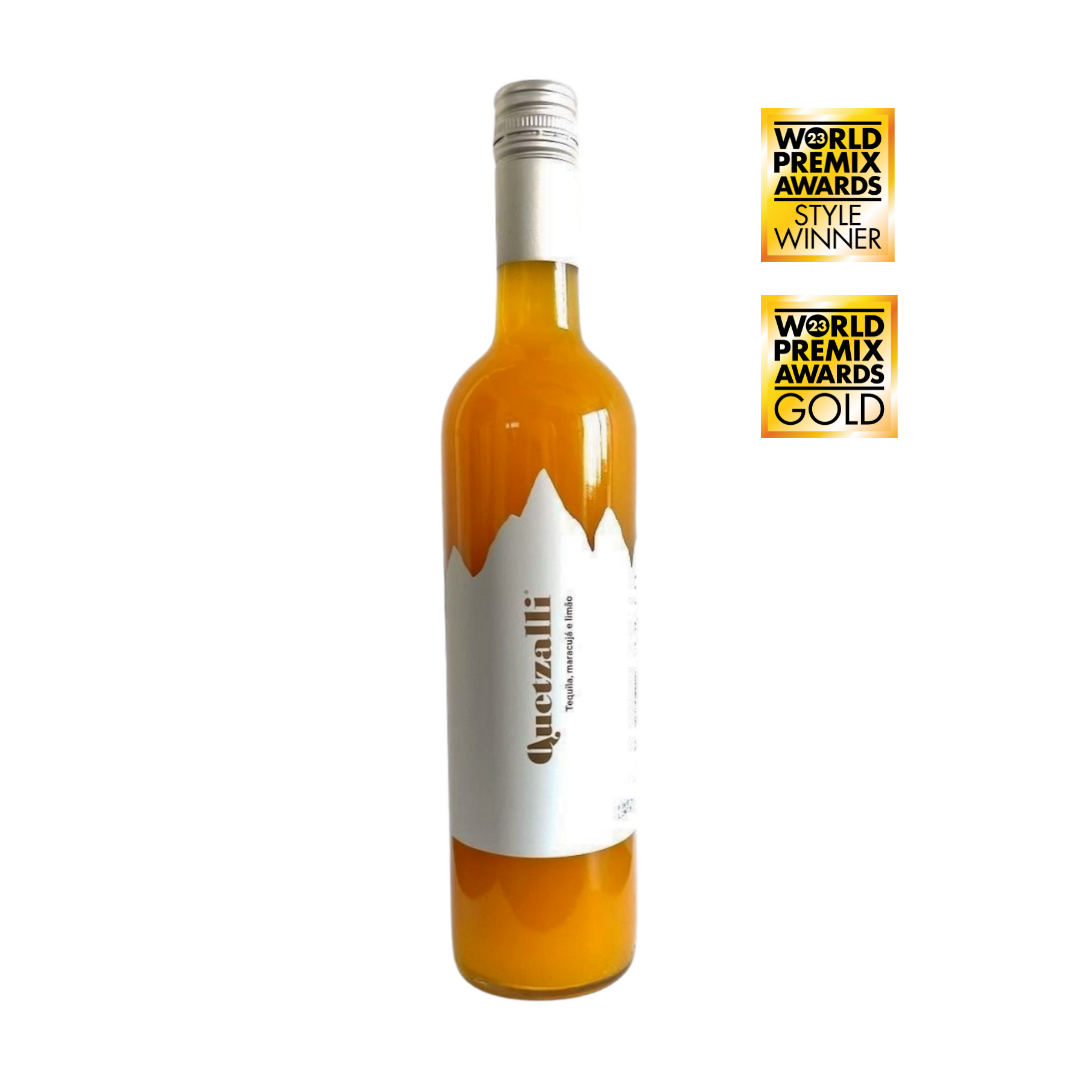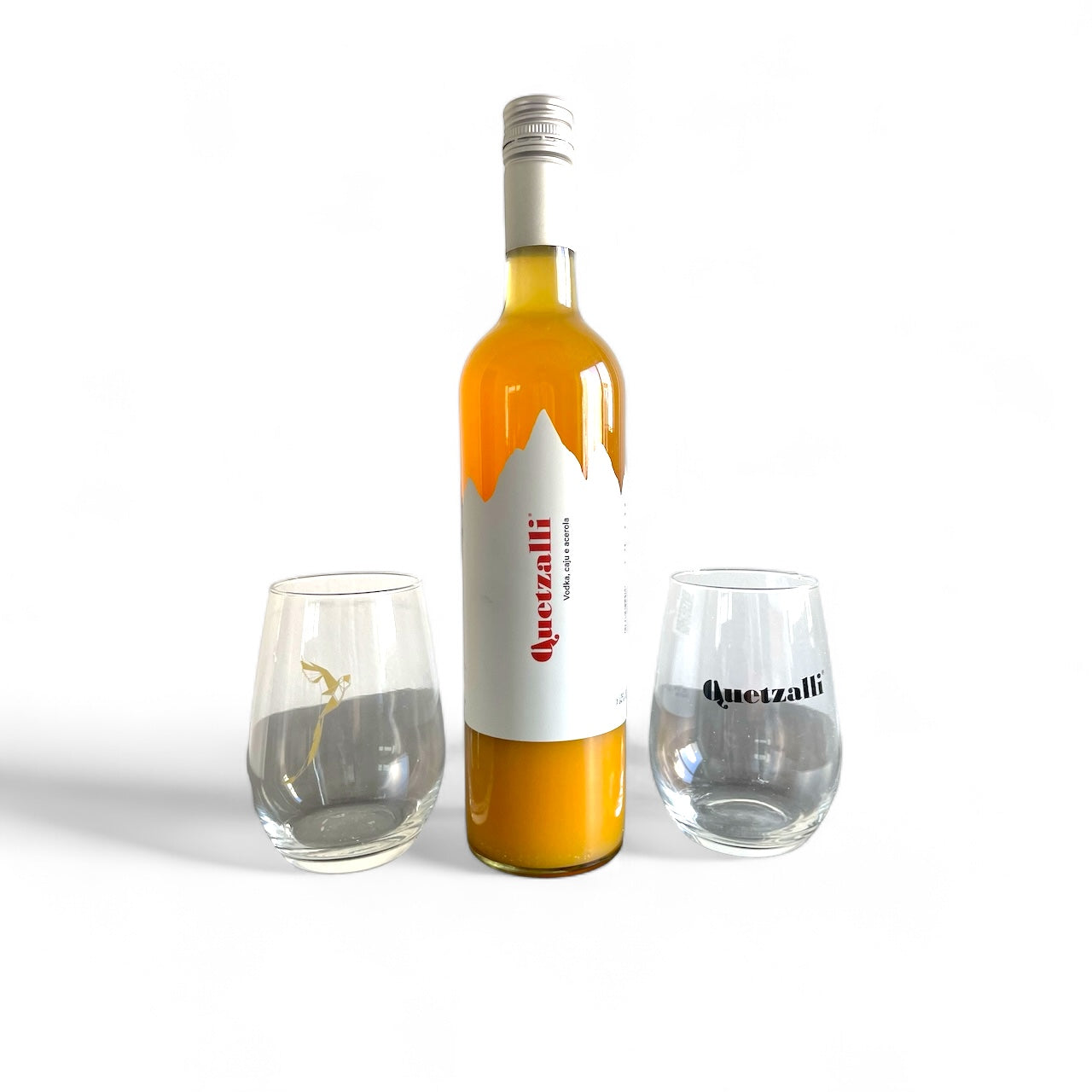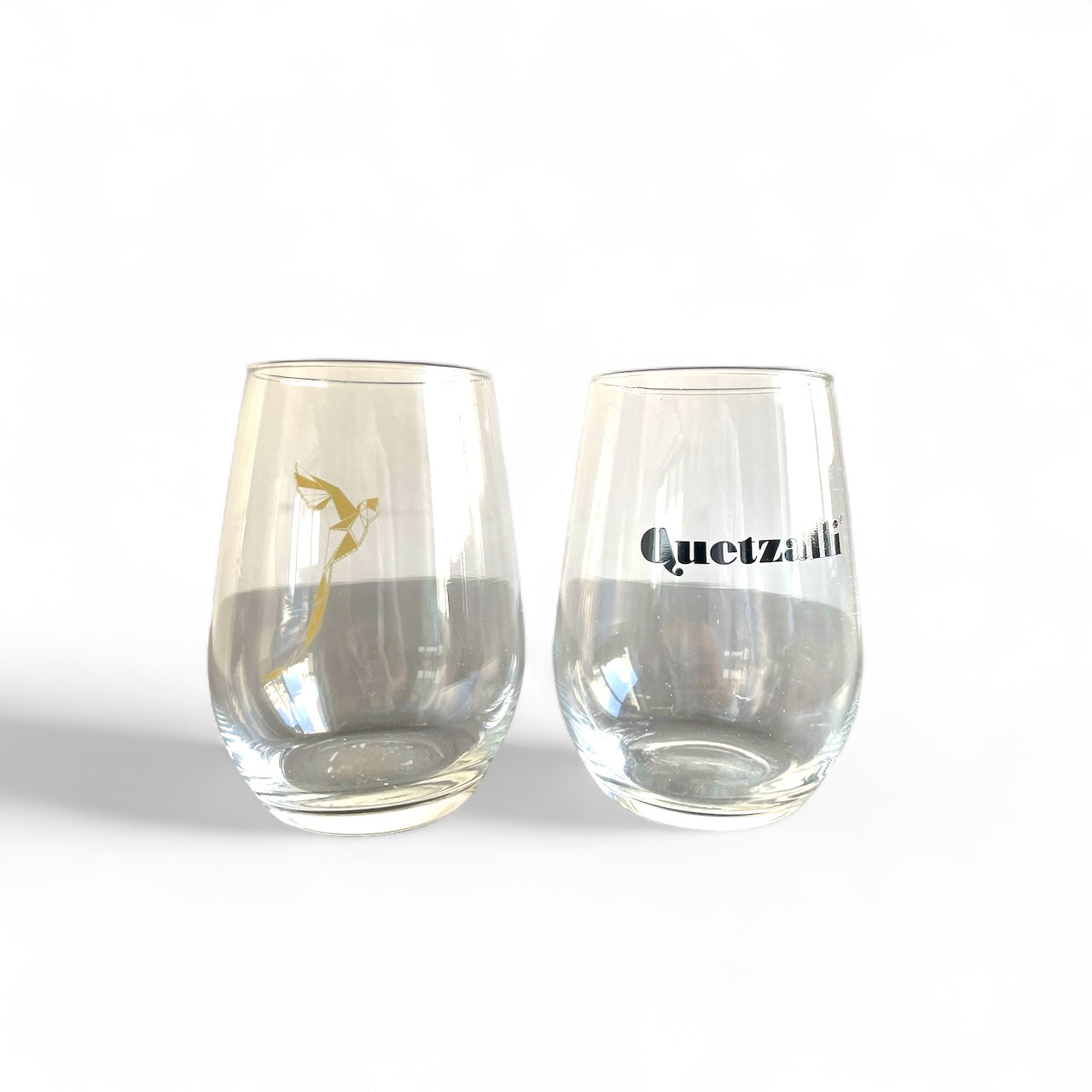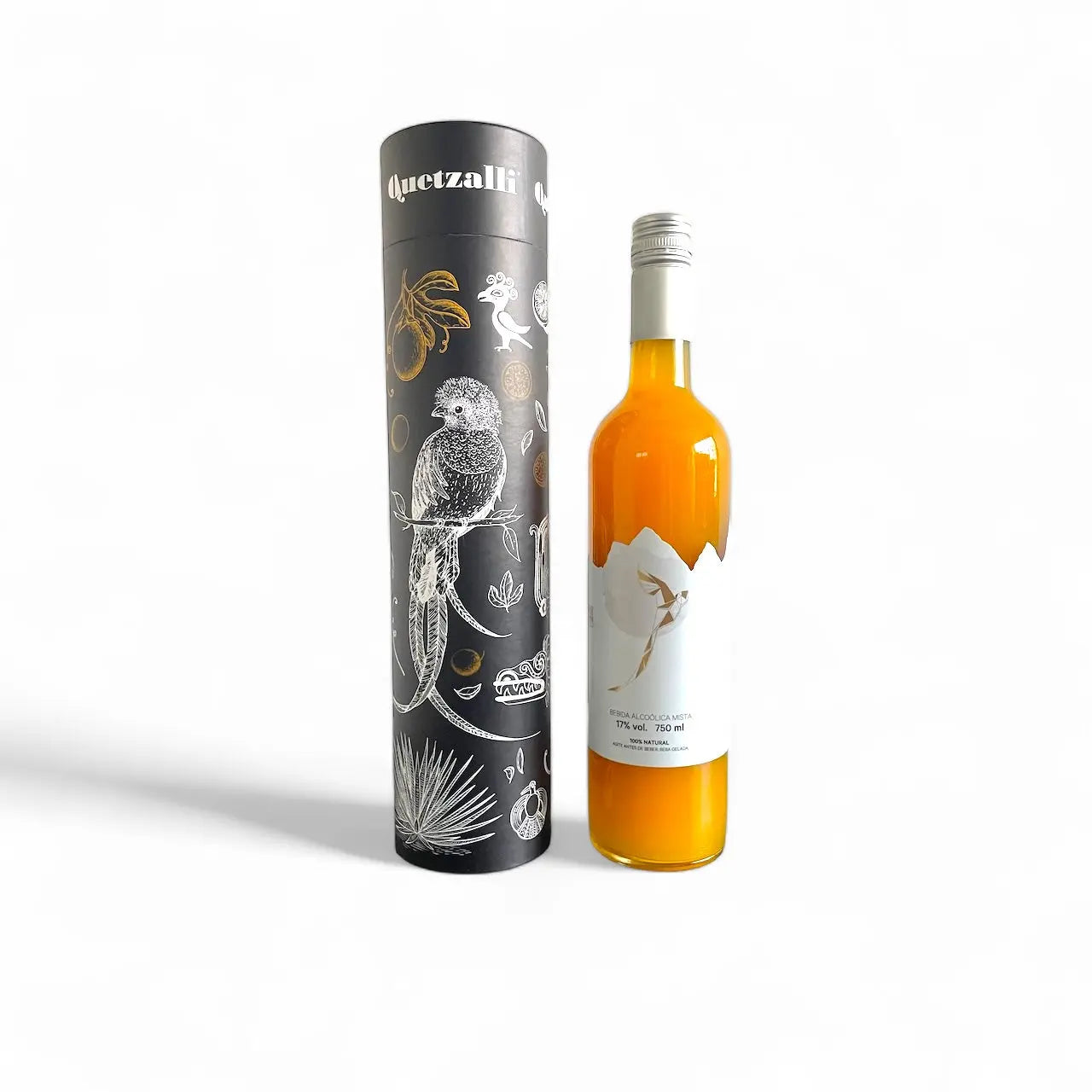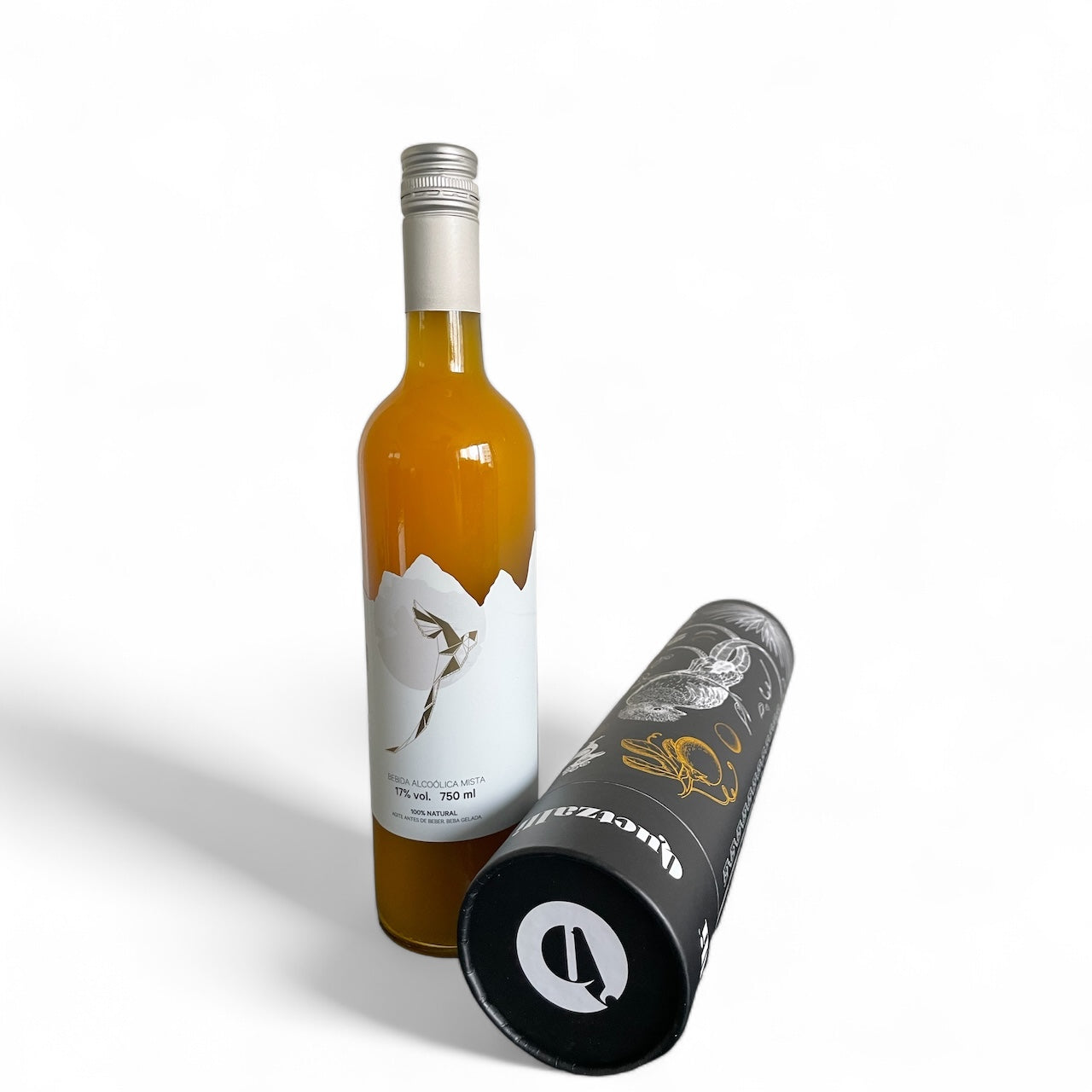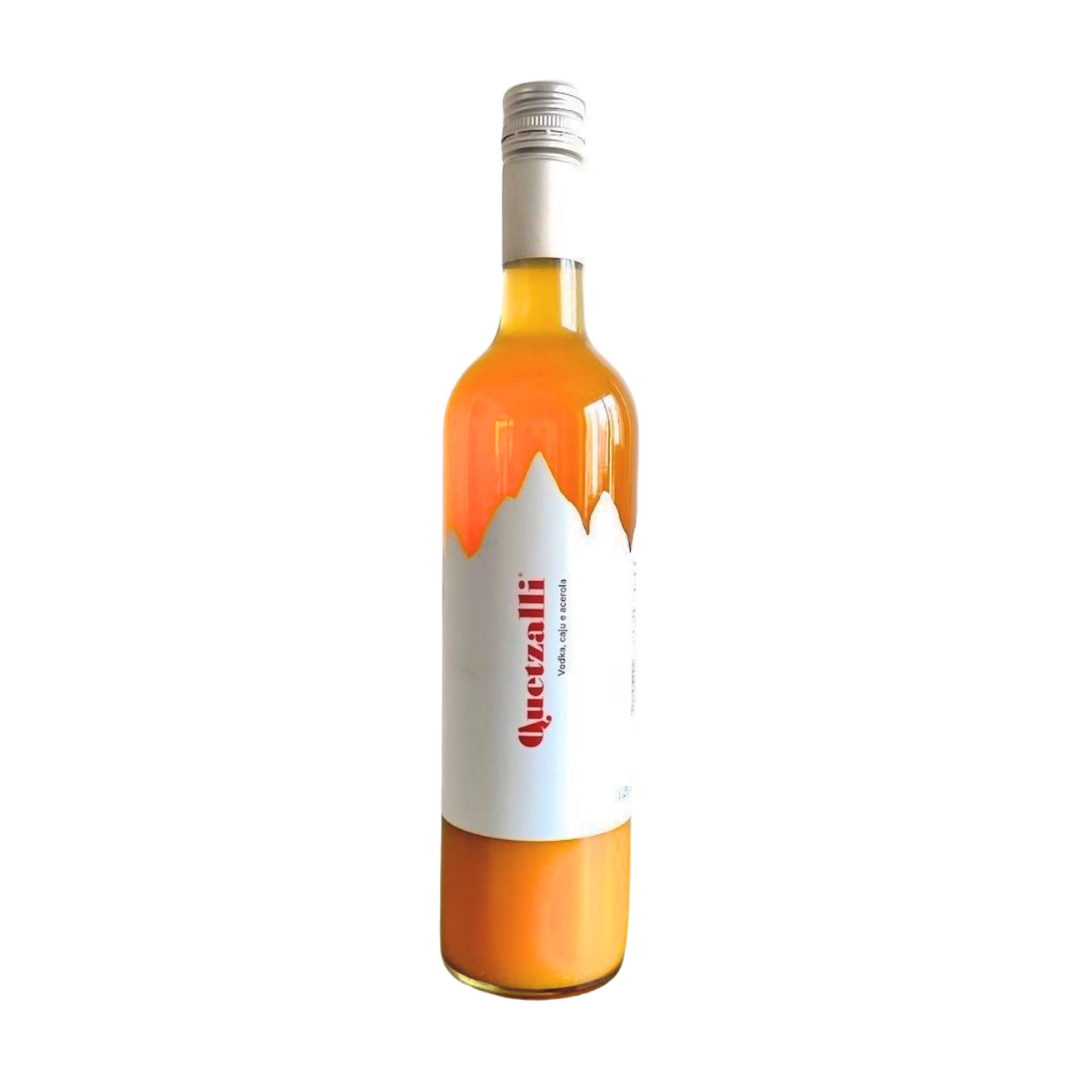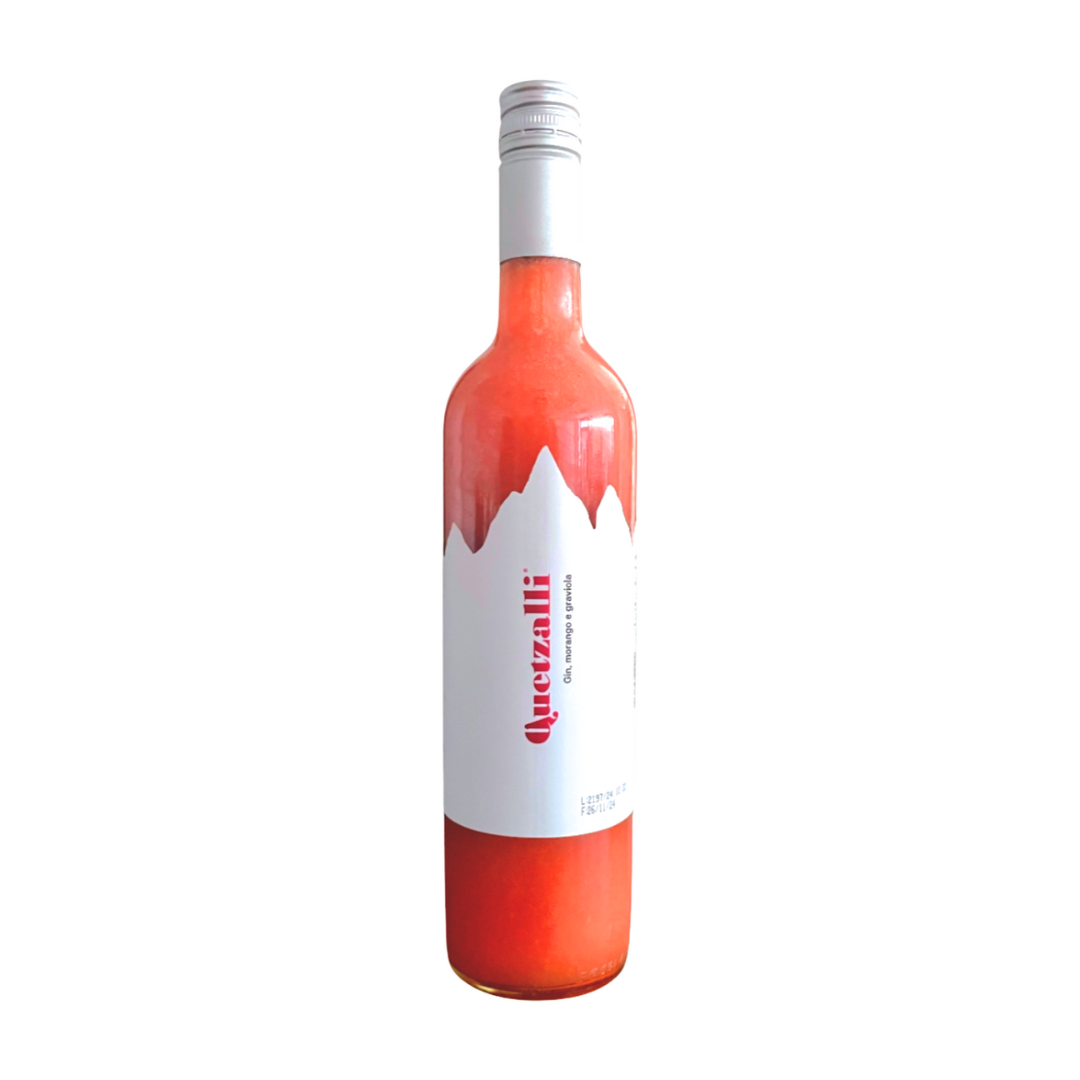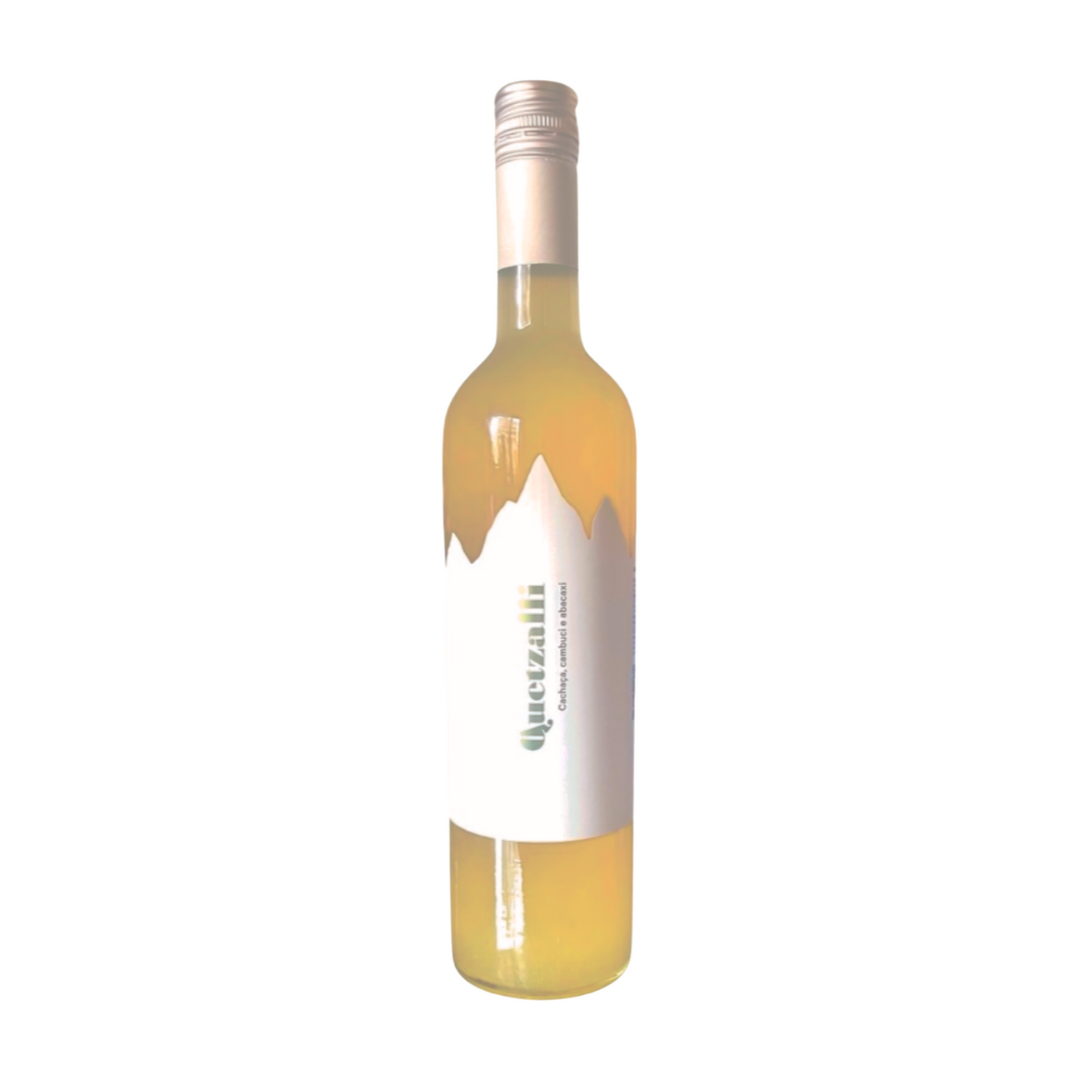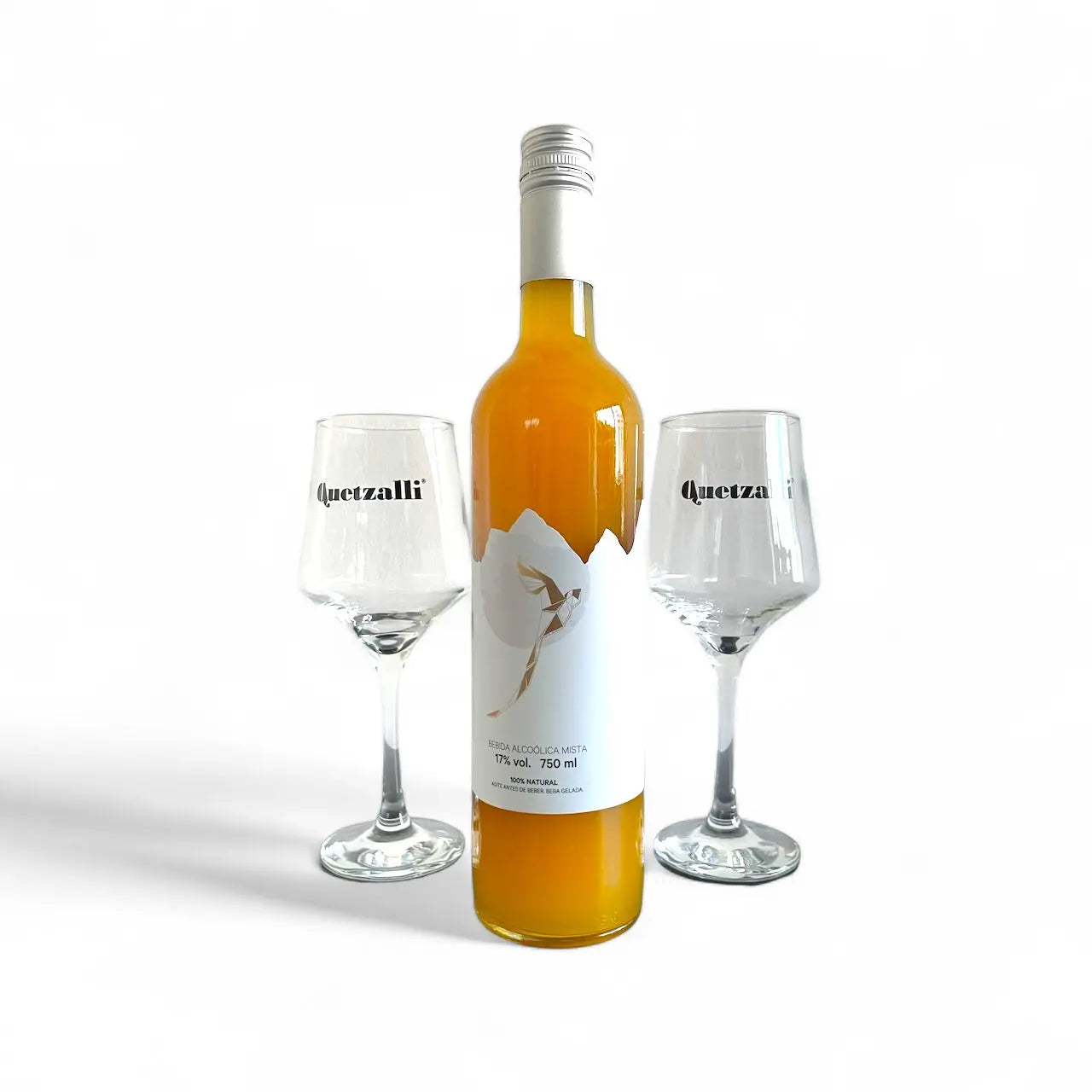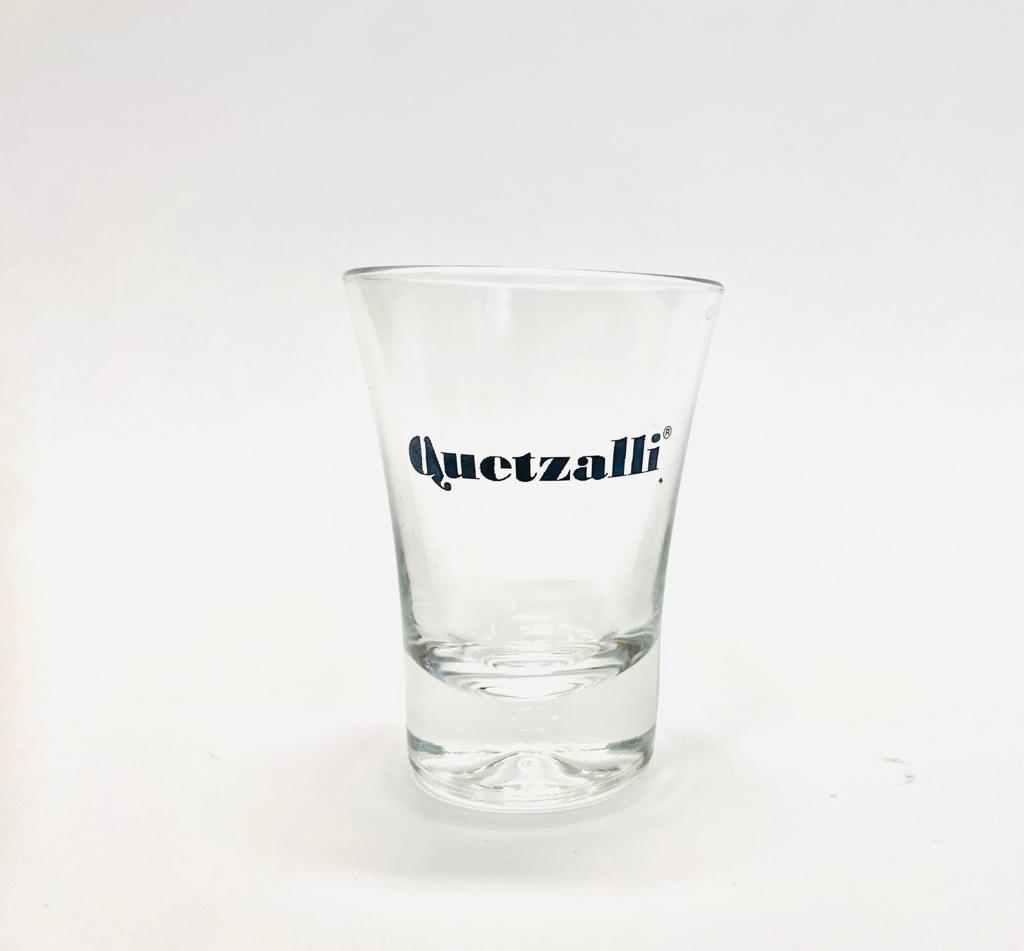Have you ever stopped to think about your relationship with alcohol? There was a time when social events seemed synonymous with excessive consumption. Nights that ended with hazy memories and mornings of regret were, for many, a rite of passage. But this scenario is changing, and a new, smarter, more intentional philosophy of consumption is redefining what it means to "drink." Welcome to the era of "drink less, drink better," a trend driven by the global mindful drinking movement.
This isn't a crusade against alcohol, but rather an invitation to a healthier, more pleasurable relationship with it. It's a shift from quantity to quality, from excess to experience, from social obligation to genuine pleasure. And at the forefront of this transformation is Generation Z, a group that, according to numerous studies, is consuming significantly less alcohol than previous generations.
But what exactly is mindful drinking ? And why does this trend align with the pursuit of premium drinks, with real ingredients and authentic experiences? Let's dive into this universe.
What is Mindful Drinking?
The term mindful drinking can be translated as "drinking with full attention." In practice, it means being present and aware of every decision related to alcohol consumption. It's about asking yourself questions like: "Do I really want to drink right now?", "Why am I drinking?", and "What kind of drink will bring me the most satisfaction right now?"
Unlike total abstinence, mindful drinking focuses on moderation and intention. Rosamund Dean, author of "Mindful Drinking: How to Break Up with Alcohol," defines the concept as the ability to be aware of how much you're drinking and its impact on you in the moment. It's about savoring, not guzzling.
This approach connects to a larger movement of well-being and self-awareness. If we care about the origin of our food (organic, natural, preservative-free), why not apply the same logic to what we drink? This shift in mindset is at the root of the appreciation for quality beverages and the rejection of ultra-processed products and artificial flavors.
Generation Z and the Reinterpretation of "Happy Hour"
If Millennials began the search for experiences instead of material goods, Generation Z (born between 1997 and 2012) deepened this search, applying it to all aspects of life, including alcohol consumption.
Global data confirms this shift in behavior. A 2023 report by market research firm IWSR Drinks Market Analysis found that moderation in alcohol consumption is a growing trend, especially among younger consumers. Not only are they drinking less, but they're also driving the market for non-alcoholic and low-alcohol beverages (known as "NoLo"). IWSR forecasts that NoLo category sales volume will grow at an annual rate of 7% between 2022 and 2026, outpacing the growth of conventional alcohol.
But why is Generation Z drinking less?
- Mental and Physical Health Awareness: This generation grew up with unlimited access to information about wellness. They are more aware of the negative effects of alcohol on mental health, sleep quality, and physical performance. For them, wellness is a non-negotiable priority.
- Aversion to "Shame Culture": Raised in the age of social media, where every moment can be recorded and shared, the loss of control associated with excessive alcohol consumption is seen as a major risk. Image and online reputation are valuable, and no one wants to become a meme for the wrong reasons.
- Focus on Quality and Brand Story: When they decide to drink, their choice is intentional. They'd rather spend a little more on a premium drink with an interesting story and natural ingredients than on several low-quality beverages. Brand transparency, sustainability, and authenticity are decisive purchasing factors.
This mindset is reflected in the emergence of the "sober curious" trend, which encourages people to question their drinking habits without the pressure of identifying as alcoholics.
Quality Matters: The Taste of Experience
The "drink less, drink better" philosophy raises the bar for the beverage industry. While the goal is no longer to drink for the sake of drinking, the experience of each sip becomes the center of attention. This is where high-quality cocktails and ready-to-drink (RTD) drinks gain immense prominence.
Think of the difference between a cocktail made with carton juice, full of sugar and preservatives, and one made with real, freshly squeezed fruit juice. The complexity of flavors, freshness, and overall sensation are incomparable. The same goes for ready-to-drink drinks. The market is moving away from the overly sweet and artificial options that dominated shelves in the past.
The modern consumer, especially Generation Z, seeks:
- Real Ingredients: They read labels and want to know what they're consuming. Real fruit, quality spirits, and the absence of unpronounceable chemical names are a big differentiator.
- Complex and Authentic Flavors: The search for new experiences translates into a palate open to unusual combinations and flavors that tell a story, such as the use of tropical and Brazilian fruits that evoke an origin and culture.
- Convenience with Quality: Modern life is hectic. High-quality ready-to-drink cocktails emerge as the perfect solution, offering the experience of a well-made cocktail without the need to buy multiple ingredients or have mixology skills. It's the sophistication of cocktail making in the palm of your hand.
A 2023 NielsenIQ study highlighted that the premium RTD segment, which uses high-quality spirits and natural ingredients, is one of the fastest-growing in the beverage market. This shows that consumers are willing to pay more for convenience, as long as quality isn't compromised.
How to Adopt Conscious Consumption in Your Daily Life
Adopting the "drink less, drink better" philosophy is an exercise in self-awareness and can make your socializing even more enjoyable. Here are some tips:
- Question Your Will: Before reaching for a drink, pause. Are you thirsty? Stressed? Or do you really want to enjoy the taste of a good drink? Sometimes, a glass of water or iced tea might be just what you need.
- Set a Limit: If you're going to an event, decide in advance how many drinks you'll consume and stick to that plan. Alternating alcoholic drinks with water is a classic and effective strategy.
- Focus on the Experience: Instead of drinking quickly, pay attention to the details. Observe the color of your drink, smell the aroma, and try to identify the flavor notes. Turn the act of drinking into a tasting experience.
- Choose Quality: Invest in drinks you truly enjoy. Whether it's a good wine, a craft beer, or a cocktail made with real ingredients. By choosing a higher-quality product, you'll naturally tend to drink more slowly and with greater pleasure.
- Be a Conscious Host: When entertaining friends, always offer creative and tasty non-alcoholic drink options, in addition to water. This creates an inclusive environment and takes the pressure off drinking.
The era of conscious alcohol consumption isn't about restriction, but about elevation. It's about understanding that the true value of a drink isn't its alcohol content, but the quality of the experience it provides. It's a celebration of flavor, company, and the present moment.
By choosing a drink that aligns with these values—made with real ingredients, authentic flavor, and a story behind it—you're not just drinking; you're making a statement. A statement that, for you, quality will always trump quantity. Because, in the end, real is always better.
Sources Cited and Consulted: IWSR Drinks Market Analysis (2023); NielsenIQ (2023); "Mindful Drinking: How to Break Up with Alcohol" by Rosamund Dean; McKinsey & Company and Mintel (2023/2024) reports on consumer behavior.


